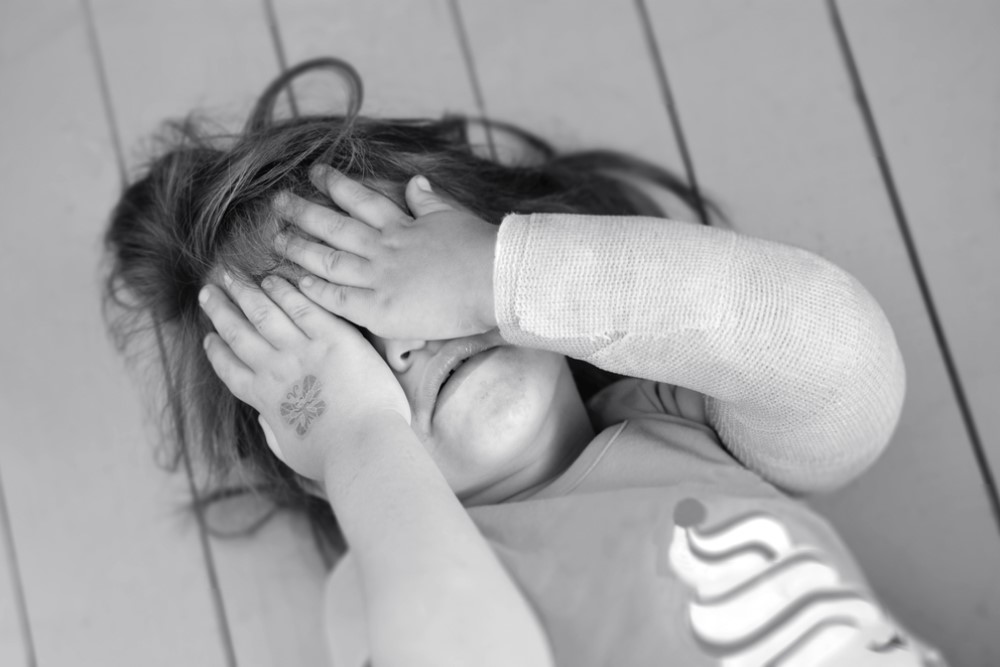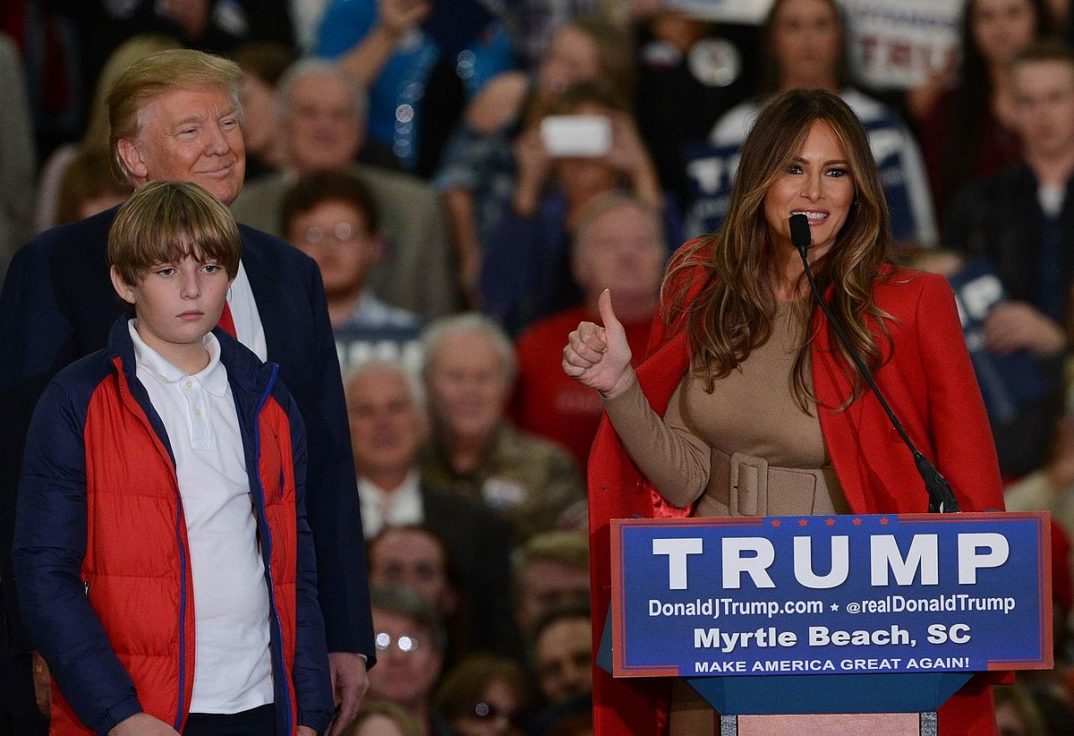The cover of Nirvana’s Nevermind — featuring a naked baby diving after a dollar bill in a pool of brilliant, blue water — is one of the most iconic of the grunge era, and perhaps of the ‘90s. But not everyone looks back on that album with fond nostalgia. Just last week, Spencer Elden — the man pictured as the baby on that cover — renewed his lawsuit against Nirvana, citing claims of child pornography.
Cases like this are nothing new. Concerns regarding the exploitation of children in the entertainment industry have existed for, well, as long as the entertainment industry. What is new, however, is the way in which similar concerns might be raised for non-celebrity children. The advent of social media means that the public sharing of images and videos of children is no longer limited to Hollywood. Every parent with an Instagram account is capable of doing this. The practice even has a name: sharenting. Indeed, those currently entering adulthood are unique in that they are the first generation to have had their entire childhoods shared online — and some of them aren’t very happy about it. So it’s worth asking the question: is it morally acceptable to share imagery of children online before they can give their informed consent?
One common answer to this question is to say that it’s simply up to the parent or guardian. This might be summed up as the “my child, my choice” approach. Roughly, it relies on the idea that parents know what is in the best interests of their child, and therefore reserve the right to make all manner of decisions on their behalf. As long as parental consent is involved whenever an image or video of their child is shared, there’s nothing to be concerned about. It’s a tempting argument, but it doesn’t stand up to scrutiny. Being a parent doesn’t provide you with the prerogative to do whatever you want with your child. We wouldn’t, for example, allow parental consent as a justification for child labor or sex trafficking. If every parent did know what was best for their child, there wouldn’t be a need for institutions like the Child Protection Service. Child abuse and neglect wouldn’t exist. But they do. And that’s because sometimes parents get things wrong. The “my child, my choice” argument, then, is not a good one. So we must look for an alternative.
We might instead take a “consequentialist” approach — that is, to weigh up the good consequences and bad consequences of sharenting to see if it results in a net good. To be fair, there are many good things that come from the practice. For one, social media provides an opportunity for parents to share details of a very important part — perhaps the most important part — of their lives. In doing so, they are able to strengthen their relationships with family, friends, and other parents, bonding with — and learning from — each other along the way. Such sharing also enables geographically distant loved ones to be more involved in a child’s life. This is something that’s become even more important in a world that has undergone unprecedented travel restrictions as a result of the COVID-19 pandemic.
But the mere existence of these benefits is not enough to justify sharenting. They must be weighed against the actual and potential harms of the practice. And there are many. Sharing anything online — especially imagery of young children — is an enormously risky endeavor. Even images that are shared under supposedly private conditions can easily enter the public forum — either through irresponsible resharing by well-intentioned loved ones, or by the notoriously irresponsible management of our data by social media companies.
Once this imagery is in the public domain, it can be used for all kinds of nefarious purposes. But we needn’t explore such dark avenues. Many of us have a lively sense of our own privacy, and don’t want our information shared with the general public regardless of how it ends up being used. It makes sense to imagine that our children — once capable of giving informed consent — will feel the same way. Much of the imagery shared of them online involves private, personal moments intended only for themselves and those they care about. Any invasion of that privacy is a bad thing.
Which brings us to yet another way of analyzing this subject. Instead of focusing purely on the consequences of sharenting, we might instead apply what’s referred to as a “deontological” approach. One of the most famous proponents of deontology was Immanuel Kant. In its most straight-forward formulation, Kant’s ethical theory tells us to always seek to treat others as an end in themselves, not as a means to some other end. This approach reveres respect for the autonomy of others, and abhors using people for your own purposes. Thus, even if there are goods to be gained from sharenting, these should be ignored if the child — upon developing their autonomy — would wish that their private lives had never been made public.
What both the consequentialist approach and the deontological approach seem to boil down to, then, is a question of what the child will want once they are capable of giving informed consent. And this is something we can never know. They may develop into a gregarious braggart who shares every detail of their life online. But they may just as likely turn into a fiercely private individual who wants no record of their childhood — awkward and embarrassing as these always tend to be — in the digital ether. Given this uncertainty, what should parents do? It’s difficult to say, but perhaps the safest approach might be to apply some kind of “precautionary principle.” This principle states that where an unnecessary action brings a significant risk of harm, we should refrain from acting. So, given the potential harm associated with sharenting and the largely unnecessary nature of the practice (especially when similar goods can be achieved in other ways; for example, by mailing photographs to loved ones the old-fashioned way), we should respect our children’s right to privacy — at least until they can give their informed consent to having their private lives shared publicly.




